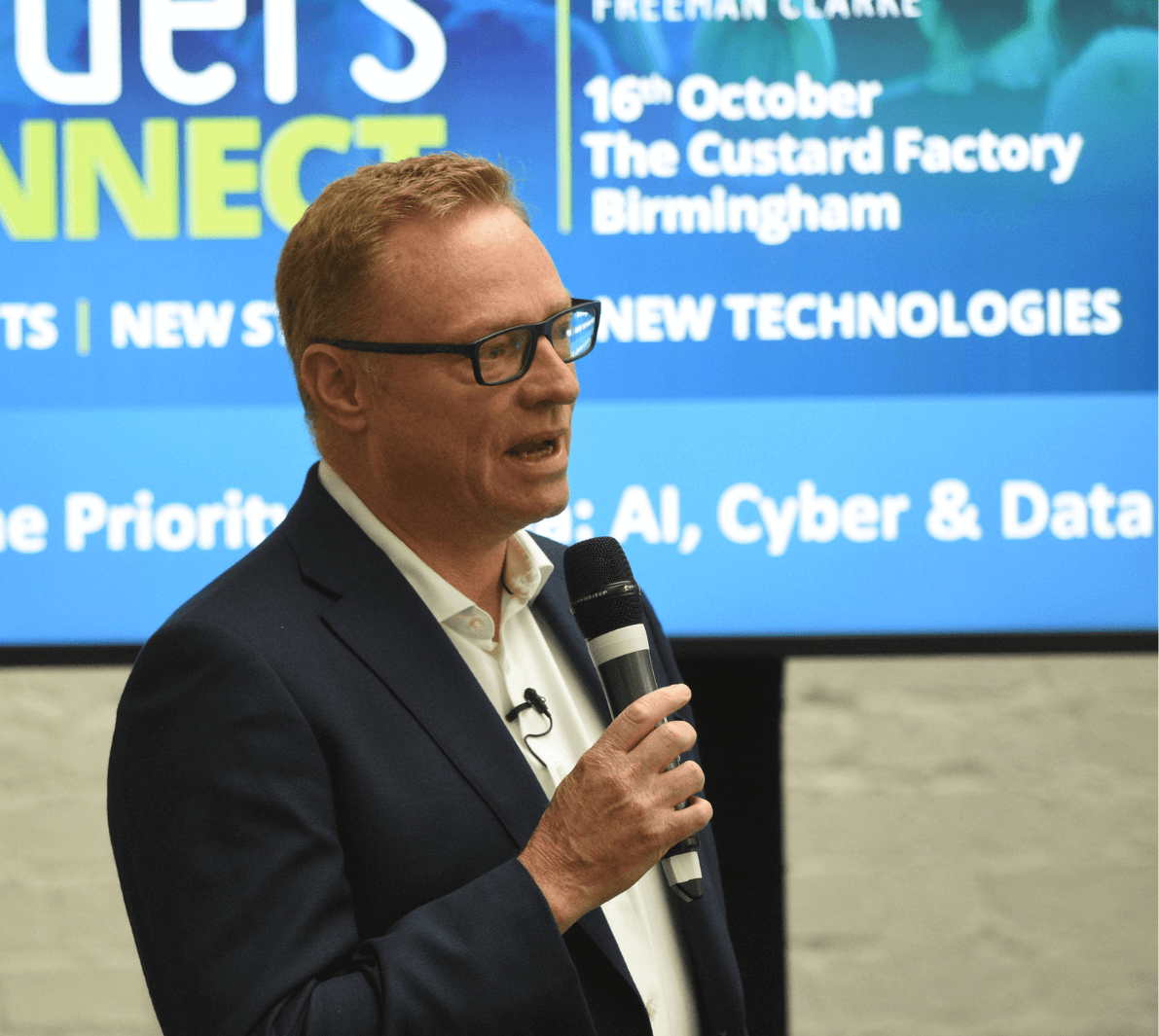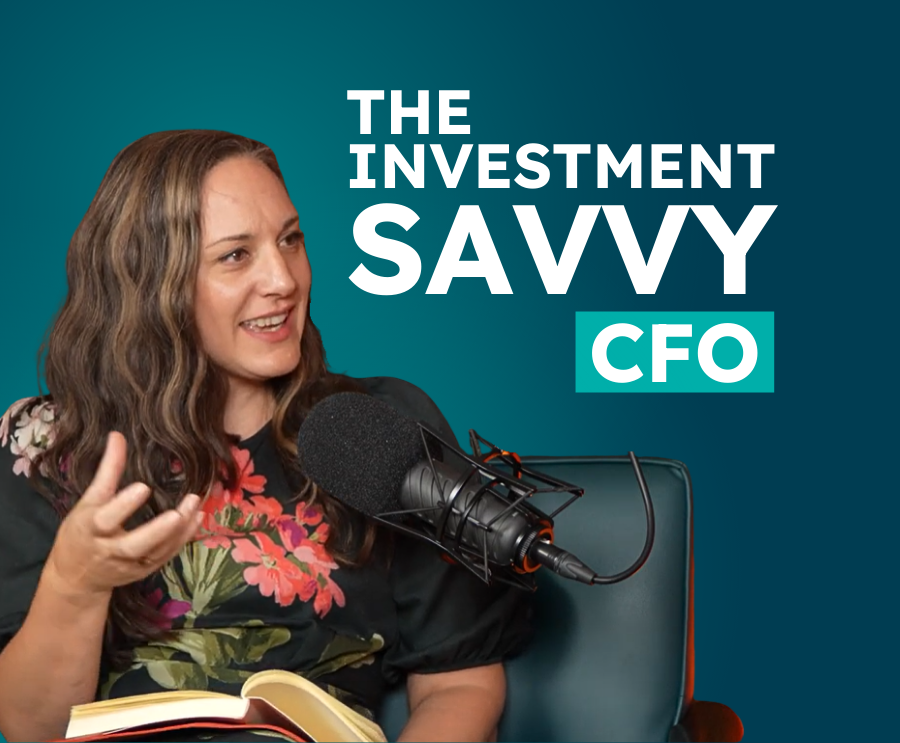
Insights
AI, Cybersecurity, and Data: Key insights from Tech Leaders Connect 2024
25th October 2024
3 min read
Author: Emma Pownall, Marketing Director, Datel
The event provided crucial insights into the future of AI, cybersecurity, and data strategy, emphasising the need for businesses to address these rapidly evolving challenges to stay competitive.
Last week, I had the pleasure of attending Tech Leaders Connect, an event hosted by Datel partner Freeman Clarke, where top CTOs and CIOs gathered to discuss some of the most pressing topics facing businesses today: artificial intelligence (AI), cybersecurity, and data management.
The event brought together thought leaders, practitioners, and experts, sparking insightful discussions that challenges the way we approach technology in business. The day’s debates were alive with collaboration and innovative thinking.
Here are three key highlights:
1. AI Has Arrived – But Where Is It Going?
The event kicked off with an opening keynote by Professor Michael Wooldridge from the University of Oxford, who spoke on the current state of AI and where it's heading. One key message was that, despite AI's massive potential, its future lies firmly in the hands of a small number of tech giants.
He raised several critical challenges with AI, notably around governance, bias, and the potential for hallucinations—where AI confidently produces incorrect information. One of the biggest concerns is the control over AI's development and the ethical considerations that come with it. He underscored the necessity for stronger guardrails, as AI’s rapid advancement continues to outpace regulation. Professor Wooldridge also touched on AI’s transformative potential, particularly in enhancing productivity and creativity, and leveraging unstructured data like emails and meeting notes in ways we can't yet fully imagine.
2. Cybersecurity lessons from TalkTalk’s notable cyberattack
A standout session of the event was the cybersecurity talk from Philip Clayson, former CTO of TalkTalk, who shared his first-hand experience managing one of the most significant and documented cyber breaches in UK history. In 2015, TalkTalk fell victim to a teenage hacker exploiting a vulnerability in their system. Clayson explained how the breach laid bare the fragmented nature of the company's IT infrastructure—an issue common in many businesses that grow through acquisition without fully integrating their technology.
The attack exposed an IT asset list double the size of what was documented, many of which were unknown to management until an "IT amnesty" uncovered hidden assets. Philip shared a crucial lesson: businesses must understand their full technology stack, including the “dark tech” that exists outside of formal governance structures. This, combined with visualising the risk in a way that the board can understand, was essential for securing the necessary budget to address vulnerabilities. His approach transformed the way TalkTalk defined risk, moving beyond IT to focus on trading risk—the company’s ability to continue operating.
Philip also emphasised the evolving nature of cyberattacks, particularly the use of AI to supercharge hacking attempts. He urges businesses to move beyond thinking about cybersecurity purely as a cost, framing it instead as a discussion about business resilience and risk management. For smaller businesses, he highlighted the importance of services that help them understand their vulnerabilities and the critical need for continuous education to mitigate threats.
3. Data Strategy: The key to AI and Automation
The afternoon session on data, led by James Smith, Director & CTO of Assured, focused on the importance of data as the foundation for any successful IT strategy. His presentation made it clear that businesses need to elevate their data capabilities to fully leverage AI and automation. Most mid-market companies, he explained, are still at the "data awareness" stage—far from being "data-driven," which is where true competitive advantage lies.
James outlined a roadmap for building a modern data platform, highlighting that it’s not just about having the right technology, but about aligning people and processes with clear, actionable use cases. This includes everything from sales and marketing analytics to decision-making processes for boards. He stressed the importance of eliminating non-value-added data use cases, focusing on those that deliver measurable outcomes. And, he reminded us that having an AI strategy is pointless without a solid data strategy to underpin it.
Looking ahead to 2025
As businesses grapple with the rapid pace of technological change, the discussions at Tech Leaders Connect were a reminder that AI, cybersecurity, and data strategy are not just technical challenges but critical business priorities. Freeman Clarke’s event was a call to action for all business technology leaders to stay engaged in these debates and continue to drive innovation in their organisations.
With another event scheduled for March 2025, I highly recommend keeping an eye on this event and networking opportunity.
Latest posts

24th February 2026
15 min read
7 key benefits and features of Sage Intacct (and what they mean for you)
Sage Intacct is a cloud-based financial management solution. Designed to satisfy every financial ...

9th February 2026
3 min read
The Investment-Savvy CFO: A live discussion in Manchester
There’s a point in many growing businesses where the conversation shifts. It’s no longer just about ...
.png)
9th December 2025
4 min read
Learn about the upcoming changes to FRS 102 and how to prepare
FRS 102 is getting a major update from 2026, with big implications for revenue recognition and ...